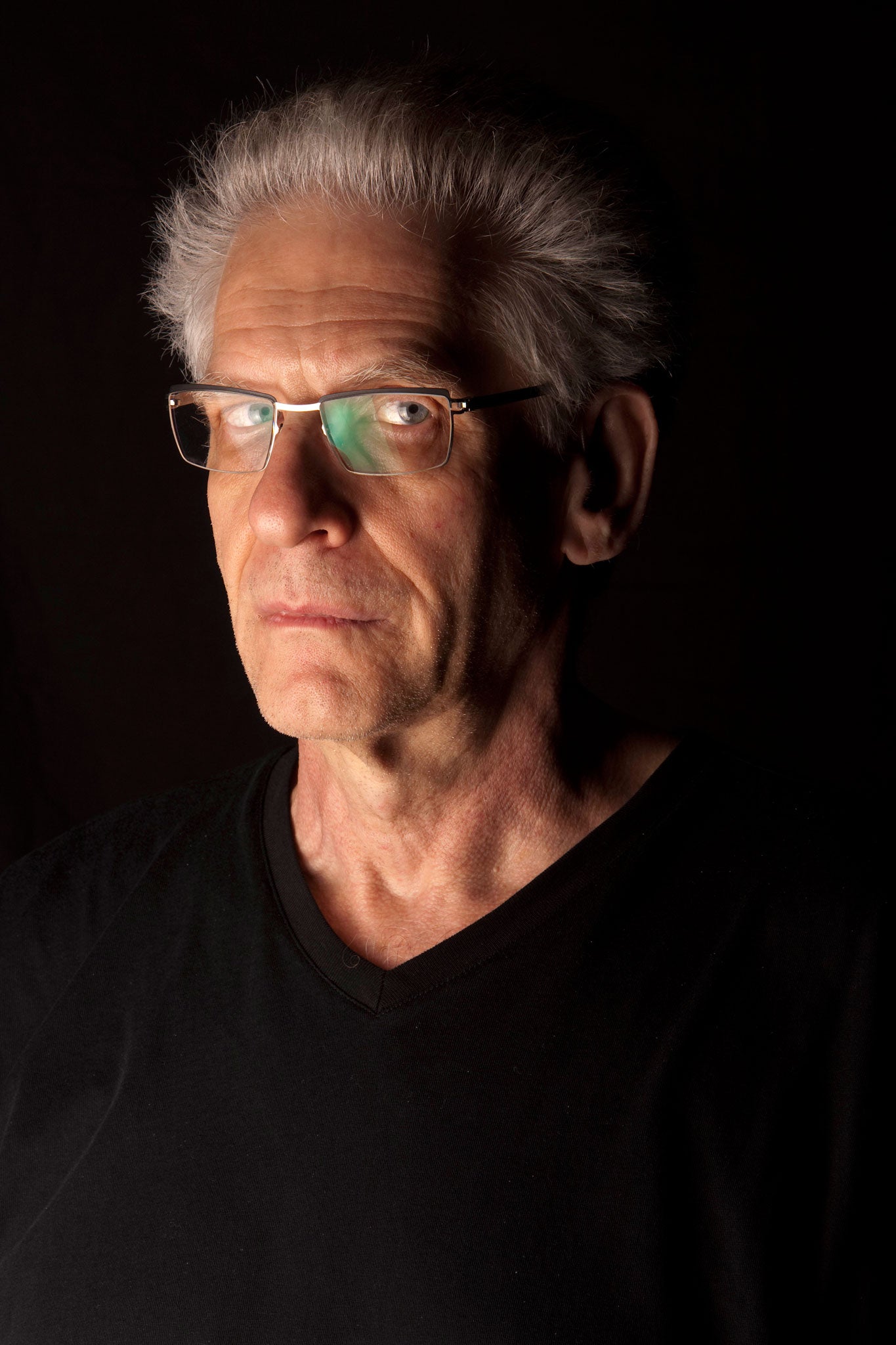Consumed by David Cronenberg, book review: The sunny side of geeky perverts

Your support helps us to tell the story
From reproductive rights to climate change to Big Tech, The Independent is on the ground when the story is developing. Whether it's investigating the financials of Elon Musk's pro-Trump PAC or producing our latest documentary, 'The A Word', which shines a light on the American women fighting for reproductive rights, we know how important it is to parse out the facts from the messaging.
At such a critical moment in US history, we need reporters on the ground. Your donation allows us to keep sending journalists to speak to both sides of the story.
The Independent is trusted by Americans across the entire political spectrum. And unlike many other quality news outlets, we choose not to lock Americans out of our reporting and analysis with paywalls. We believe quality journalism should be available to everyone, paid for by those who can afford it.
Your support makes all the difference.Fans of David Cronenberg's film work will hardly be surprised that his debut novel concerns strange sexual practices, gory diseases, obscure political paranoia and technology run wild.
They will recognise, too, the use of resonantly peculiar character names – here, tech geeks Nathan Math and Naomi Seberg go on the hunt for missing philosophers Celestine and Aristide Arosteguy, aided by random perverts Chase Roiphe and Hervé Blomqvist – and, perhaps predominantly, the strain of incongruously generous humour that carries it all along. Often missed by those who try to read his films straight, the perversely playful Cronenberg wit works rather well on the page, and distinguishes this wild, vivid, silly adventure into cancer, cannibalism and consumer durables from the more po-faced literary dystopias with which it might otherwise align.
No misanthrope despite his preoccupation with human damage, Cronenberg doesn't offer purist disapproval of Nathan and Naomi's shared obsession with cutting-edge gadgets; he appears to rather like both them and their wildly expensive kit. He doesn't judge the long-married Arosteguys, either, for their extraordinary sexual appetites; they, too, come across as rather appealing. Indeed, despite the fact that Celestine Arosteguy passes the bulk of the book in the role of a murder victim, and Aristide as chief suspect in her demise, their relationship still constitutes an unusually warm portrayal of long-standing love and post-menopausal sexuality.
This improbably sunny slant will render the content all the more appalling to some, like that cinematic trick where a cute pop song plays over a scene of torture. But for many it will have an enlivening effect – and point up just how negative most contemporary "highbrow" literature is about Cronenberg's twin preoccupations, technology and weird sex. By current literary convention – which is to say, in novels by Jonathan Franzen and his ilk – the former is strangling culture, and the latter inevitably self-destructive and debasing. Both are means by which characters block or limit themselves. In Cronenberg, it's the opposite: his characters' lustful drives and their engagement with technologies propel them in everything they do. Sex, here, is important not because it can make babies, but for the much more radical reason that it's pleasurable and creatively engaging. Even cancer treatment, even a sexually transmitted disease, can be aphrodisiacs in this world.
Technology, meanwhile, exists in all its increasingly mad forms not because we are miserably cut off from one another, but because, conversely, we desperately want to connect and create. Cronenberg obviously has a genuine fascination with new forms of communication media and the cultures that attend them, as well as an awareness that the truth of what is possible pretty much obviates the need for satirical invention. (I had to check whether one trend he mentions – "unboxing", in which a tech geek videos and uploads the process of taking a new gadget out of its packaging – was real. It is.)
He's not going for a Franzen level of character depth – he gets bored quickly and moves on, adding more plot rather than going deeper into what he's got – but his turns of phrase can be delicious, and his imagination provides no end of wicked fun.
Join our commenting forum
Join thought-provoking conversations, follow other Independent readers and see their replies
Comments